People ages 75 and older and front-line essential workers will be next in line to receive Covid-19 vaccines, according to recommendations from a Centers for Disease Control and Prevention advisory committee.
On Sunday, the Advisory Committee on Immunization Practices voted in favor of the recommendations, which will go on to the CDC for final approval.
Full coverage of the coronavirus outbreak
The new proposal comes less than a week after the first Covid-19 vaccines went out to health care workers and people living in long-term care facilities across the country. That group is referred to as Phase 1A. The Food and Drug Administration has granted emergency use authorization to two Covid-19 vaccines, from Pfizer-BioNTech and Moderna.
In addition to those 75 and older, the next phase, deemed Phase 1B, would include first responders, such as firefighters and police officers, as well as teachers, day care staff and others working in education. Corrections officers, U.S. postal workers, public transit workers and those whose jobs are essential for the food supply — from farmers to grocery store employees — are also next up to receive the vaccine. Altogether, this group includes about 49 million people.
The shots are not expected imminently, but they should begin in the coming weeks, depending on how quickly a sufficient number of people in Phase 1A are vaccinated.
The reason the committee needed to recommend specific groups to specific phases of rollout is simple: There is not enough vaccine yet for everyone who needs one.
Given the limitations, “difficult choices have to be made,” Dr. Kathleen Dooling, an ACIP member, said during the meeting Sunday. “Members of the working group strongly support vaccination being offered to every person in the United States as soon as possible,” calling the committee’s proposal “a roadmap for how we can get there together.”
In determining who should be next in line, the committee said it took into account input from a wide variety of scientists, ethicists and vaccination experts, as well as the general public. It has been consistently clear that older people are most vulnerable to the devastating impacts of Covid-19.
Even though the rates of coronavirus infection are highest among young adults, the illness is deadliest among older adults. What’s more, “over the course of this year, adults 75 years and older have accounted for 25 percent of Covid-19-associated hospitalizations, despite making up approximately 8 percent of the population,” Dooling said.
Including front-line essential workers in Phase 1B ensures that individuals who are most likely to be exposed to the virus are protected.
“Front-line workers in particular are unable to work from home and have a high level of interaction with the public or others in the workplace,” Dooling said.
Download the NBC News app for full coverage of the coronavirus outbreak
The CDC committee also voted Sunday on who should be included in Phase 1C of vaccination. This phase would include adults ages 65 to 74, as well as anyone ages 16 and older with an underlying health problem that would put them at greater risk for complications from Covid-19.
Those conditions include type 2 diabetes, chronic kidney disease and certain heart conditions. The committee said people with chronic illnesses should speak with their doctor about their eligibility.
Phase 1C also includes remaining essential workers — including those who work in the transportation, energy, public safety and water management industries — as well as those in information technology, banking, media and the justice system, such as judges and lawyers. Waiters, fast-food workers and other people in the food service industry are also included.
A major ethical issue in front of the committee has been how it’s considered racial and ethnic minorities, groups that have been disproportionately affected by Covid-19. But according to data presented at the ACIP meeting, front-line essential workers first in line, in Phase 1B, are more likely to be white Americans, while there is significant representation of minority groups in other essential workers, in Phase 1C.
Altogether, Phase 1C totals about 129 million people. The recommendations may need to be adapted over the coming months as the vaccine supplies fluctuate.
Dr. Nancy Messonnier, who leads the CDC’s work on vaccines for Covid-19, explained during the meeting Sunday that her staff has tried to “walk a careful line” by offering explanations for the agency’s recommendations, while leaving some room for “those on the front lines of jurisdictions that actually have to translate this into implementable guidance.” States will ultimately make those final decisions.
Those who will need to wait include virtually everyone else in the country; that is, anyone ages 16 and older not included in the first phases. The advisory committee is expected to address that rollout at a later date.
Follow NBC HEALTH on Twitter & Facebook.

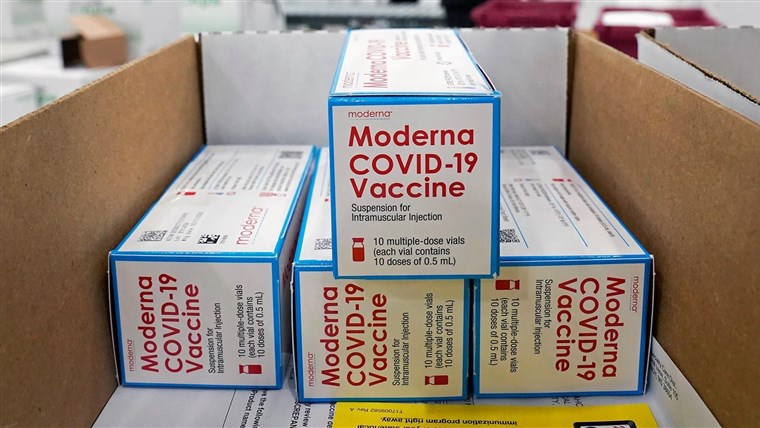


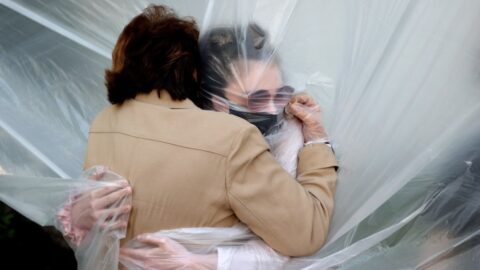

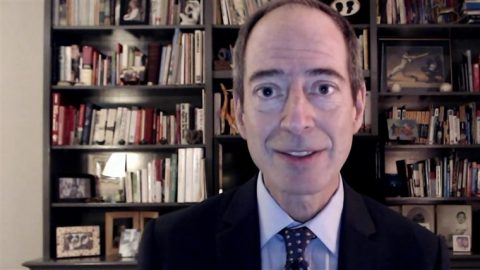

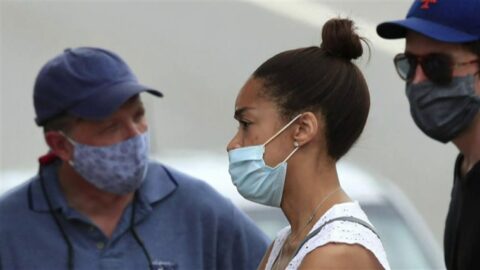

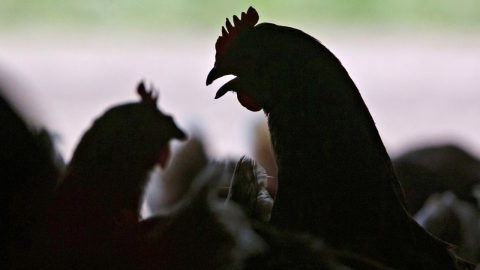
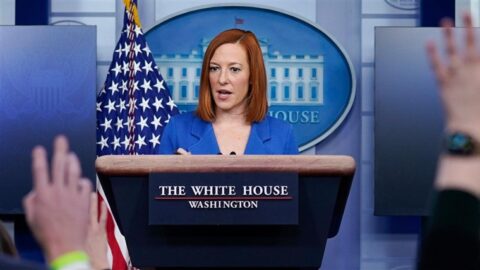
Recent Comments